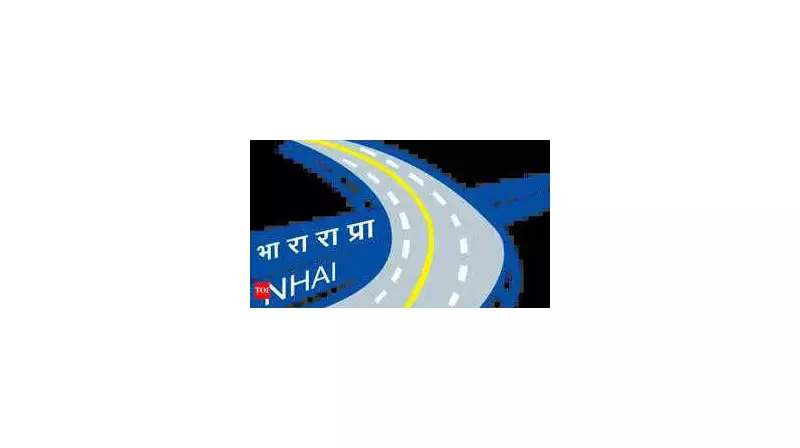
In a remarkable achievement for India's infrastructure sector, the National Highways Authority of India (NHAI) has successfully saved over ₹2000 crore through strategic reforms in its bidding process and enhanced oversight mechanisms. This significant cost optimization demonstrates how procedural efficiency can yield substantial financial benefits for public projects.
Revolutionizing Infrastructure Procurement
The massive savings have been realized through a comprehensive overhaul of NHAI's project awarding system. The authority has implemented several key reforms that have transformed how highway projects are tendered and monitored across the country.
Key Reforms Driving Cost Efficiency
- Streamlined Bidding Procedures: Simplified and standardized tender processes that reduce administrative delays and costs
- Enhanced Transparency: Digital platforms and clear evaluation criteria ensuring fair competition among contractors
- Rigorous Project Monitoring: Advanced tracking systems that prevent cost overruns and timeline delays
- Technical Scrutiny: Meticulous examination of project proposals to eliminate inflated costs
Impact on National Infrastructure Development
These substantial savings represent more than just financial optimization—they signify a fundamental shift in how public infrastructure projects are managed in India. The conserved funds can now be redirected to additional highway development, accelerating the country's connectivity goals.
The success story underscores the importance of process innovation in public sector undertakings. By focusing on efficiency and transparency, NHAI has set a benchmark for other government agencies to follow.
Future Implications
This achievement positions NHAI as a model for infrastructure development efficiency. The lessons learned from this initiative are expected to influence procurement practices across various infrastructure sectors, potentially leading to nationwide cost savings in public projects.
The substantial financial conservation demonstrates that with proper systems and oversight, government agencies can deliver better value for public money while maintaining quality standards in critical infrastructure development.





